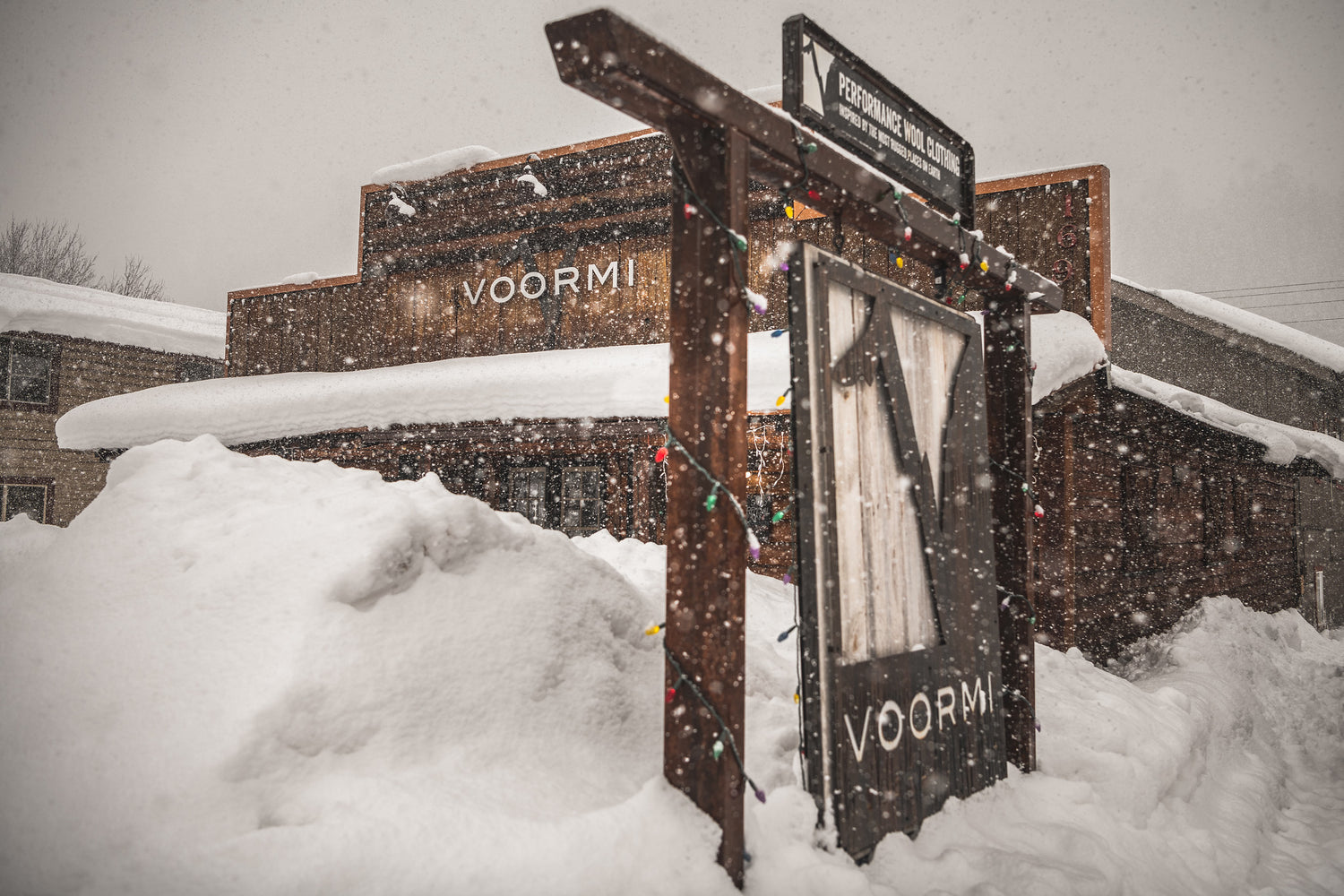Frederick Reimers reviews VOORMI's CEO interviewed by Outside Magazine
"We can reinvent American manufacturing by focusing on innovation, but it needs to be true innovation, not just ways to save money on production," says English. "Leaders need to be focused on creating the most innovative products, not just the cheapest."
Most of those who oppose the TPP are concerned that it would siphon jobs from the United States. “With agreements like this, there is no incentive to invest in domestic manufacturing,” says Dan English, who founded Voormi in Pagosa Springs, Colorado, and makes all of its jackets, shirts, and other apparel in the United States. Perhaps the most visible opposition in the outdoor industry, however, came from Patagonia, which also opposed the North American Free Trade Agreement (NAFTA) and the General Agreement on Trade and Tariffs (GATT) in the early 1990s. “Before those agreements came into force, more than half of Patagonia’s garments were sourced from U.S. textile mills and sewn in U.S. factories,” wrote Rose Marcario, CEO of Patagonia, on the company’s website. “NAFTA and GATT decimated the U.S. textile industry.” The company also noted that the agreements, including the TPP, lacked the capability of enforcing the environmental and labor provisions and were therefore likely to encourage more harmful practices than if the manufacturing was done in the United States. (Patagonia declined to comment for this story.)
The death of the TPP will likely mean that prices on many outdoor goods won’t drop as much as they would have with the elimination of American tariffs. “Our customers certainly would have seen some savings,” says Osprey’s Graham.
In the longer term, however, the OIA believes that they can make better trade agreements with specific nations, such as Vietnam, Japan, or even China. “You may see some emphasis on smaller bilateral deals,” says Harper. “We’ve been chipping away at these tariffs for a long time and will continue to do so.”
Will the TPP’s demise help spur American manufacturing, as Trump has promised to do? Many are skeptical. “It’s unlikely we could return our operations to the U.S.,” says Graham. Osprey moved to Vietnam in 2004 when it could no longer find enough skilled sewers for the company’s factory in Cortez, Colorado, to meet demand for its products. Osprey also made significant investments in facilities in Vietnam that it wouldn’t be willing to abandon. Plenty of other outdoor industry manufacturers have made similar investments abroad. If Trump were to raise tariffs on their goods, they’d be more likely to simply pass those costs on to consumers.
In the end, the best hope for more good-paying American manufacturing jobs may lie with the small companies that are committed to producing domestically. Being made in the USA has a certain cachet, as boutique ski makers like Rocky Mountain Underground, RAMP, Wagner, and Gilson Snowboards have discovered. Those brands, like Voormi, are focused on new technologies that they say sets them apart from the competition.
“We can reinvent American manufacturing by focusing on innovation, but it needs to be true innovation, not just ways to save money on production,” says English. “Leaders need to be focused on creating the most innovative products, not just the cheapest.”

